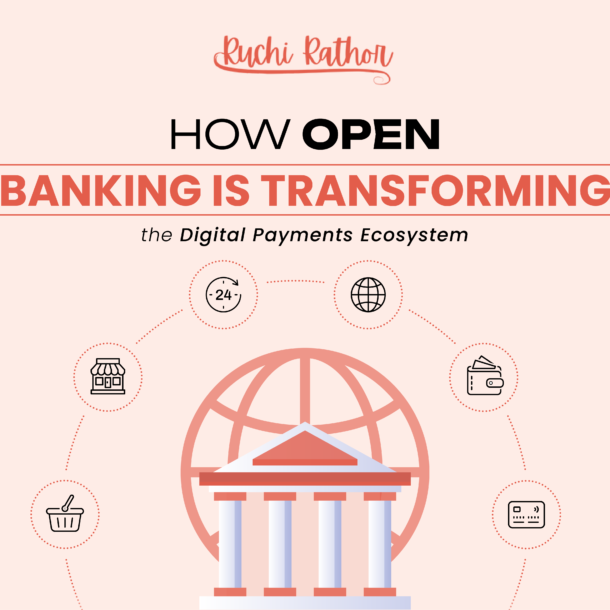
Realistic Self-Growth vs Toxic Positivity: Stop Forcing Yourself to Be Positive — Choose Real Over Fake
Why This Conversation Matters
In a world obsessed with positive vibes, motivational quotes, and “good energy only” mindsets, it’s easy to believe that being sad, angry, or anxious is something to be ashamed of. But the truth is, real life is messy, and true self-growth doesn’t come from faking happiness—it comes from facing your emotions honestly. This blog is a deep dive into the difference between realistic self-growth and toxic positivity, and why it’s time we stop pretending everything is fine when it’s not.
Let’s get real about what it means to grow as a person—even when life feels like it’s falling apart.
What Is Toxic Positivity?
1.1 Definition and Common Phrases
Toxic positivity is the belief that we should always maintain a positive mindset, no matter how difficult the situation. It dismisses negative emotions, devalues authentic human experiences, and pushes people to hide their struggles.
Common examples:
- “Good vibes only.”
- “Don’t be so negative.”
- “Just be grateful.”
- “It could be worse.”
Point of view: *Riya, 26, says: “When I opened up about feeling burnt out at work, someone told me I should just be happy I have a job. That made me shut down completely. I wasn’t asking for solutions—just someone to listen.”
What Is Realistic Self-Growth?
2.1 It Acknowledges Pain as Part of Growth
True self-growth recognizes that discomfort, struggle, and setbacks are necessary ingredients for progress. It allows space for vulnerability, accepts flaws, and embraces the full spectrum of emotions.
Example: Think of a plant that grows through cracks in the concrete. It doesn’t have the ideal conditions, but it finds a way to reach the light—slowly, imperfectly, but surely.
2.2 It Prioritizes Emotional Intelligence
Being able to name and process your emotions—even the unpleasant ones—is a sign of maturity and growth. It’s not about dwelling on the negative, but allowing it to inform your healing journey.
2.3 It’s Rooted in Self-Compassion
Instead of shaming yourself for feeling low, realistic growth encourages self-kindness. It means saying, “It’s okay to feel this,” and asking yourself what you need in the moment.
Point of view: *Ankur, 33, shares: “After my breakup, everyone told me to ‘move on and smile.’ But what helped me heal was crying, journaling, and giving myself space to grieve.”
Why Toxic Positivity Is Harmful
3.1 It Invalidates Emotions
When someone says, “just stay positive,” it can feel like your pain is being brushed aside. This dismissiveness can deepen emotional wounds and leave people feeling unseen and unheard.
3.2 It Creates Guilt for Feeling Negative
Toxic positivity sends the message that if you’re not feeling good, you’re doing something wrong. This often leads to guilt, self-blame, and emotional suppression.
3.3 It Delays Healing
True healing begins when you acknowledge your pain. Toxic positivity forces people to skip that step, often leading to unresolved trauma and emotional fatigue.
Point of view: *Meera, 41, said: “When I lost my father, people kept saying ‘he’s in a better place.’ I needed someone to sit with me in silence, not preach positivity.”
3.4 It Impacts Relationships
When we only share our highs and hide our lows, relationships become surface-level. Vulnerability creates genuine connection—and pretending everything is fine prevents that.
Example: You might think you’re protecting your partner or friends by hiding your stress or sadness. In reality, you’re building a wall that keeps real support out.
Signs You Might Be Practicing Toxic Positivity (Unknowingly)
- You constantly say “I’m fine” when you’re not.
- You push others to “look on the bright side” even when they’re struggling.
- You avoid difficult conversations to “keep the peace.”
- You feel ashamed of being sad, anxious, or angry.
- You use positivity as a way to avoid reality.
Reflection: Think about the last time someone opened up to you. Did you really listen, or did you jump in with a motivational quote?
How to Embrace Emotionally Honest Self-Growth
4.1 Normalize All Emotions
Start by acknowledging that sadness, anger, jealousy, fear—these are all part of being human. You don’t have to justify or explain your emotions to anyone.
4.2 Journal Honestly
Write about your true feelings. Not just gratitude lists and affirmations, but also the frustrations, fears, and insecurities. Getting it out helps you process and heal.
Tip: Try writing a letter to your younger self. Be honest. Be kind.
4.3 Set Realistic Goals
Growth is not about becoming the perfect version of yourself. It’s about becoming more aware, compassionate, and resilient. Take small steps. Celebrate effort, not just outcomes.
4.4 Create a Safe Emotional Space
Surround yourself with people who allow you to be real. Build relationships where emotional honesty is welcomed, not judged.
Example: Start by saying to a friend, “Can I vent for a bit? I don’t need advice—just a listener.”
4.5 Practice Self-Compassion
Speak to yourself like you would to a friend: with gentleness, patience, and encouragement. Forgive yourself for setbacks. You’re doing your best.
Quotes That Embrace Realistic Growth Over Forced Positivity
“Healing doesn’t mean the damage never existed. It means the damage no longer controls your life.” — Akshay Dubey
“You’re allowed to be both a masterpiece and a work in progress, simultaneously.” — Sophia Bush
“Being positive doesn’t mean ignoring the negative. Being positive means overcoming the negative.” — Unknown
“Growth is painful. Change is painful. But nothing is as painful as staying stuck somewhere you don’t belong.” — Mandy Hale
FAQs: Real Growth vs Toxic Positivity
Q1. What is the difference between optimism and toxic positivity?
Optimism acknowledges challenges but believes in a better outcome. Toxic positivity denies the challenges altogether and pressures people to feel good even when they don’t.
Q2. Can positivity ever be harmful?
Yes. When positivity becomes a mask to hide real emotions or forces people to suppress their truth, it becomes harmful.
Q3. What are healthier alternatives to toxic positivity?
Instead of saying “Just be positive,” try:
- “This sounds really hard, I’m here for you.”
- “It’s okay to not be okay.”
- “What do you need right now?”
Q4. How can I support myself or someone else authentically?
- Listen without judgment.
- Validate feelings instead of fixing them.
- Be present, not performative.
Q5. What are signs of genuine self-growth?
- Self-awareness
- Boundaries
- Emotional intelligence
- The ability to sit with discomfort
- Progress, not perfection


